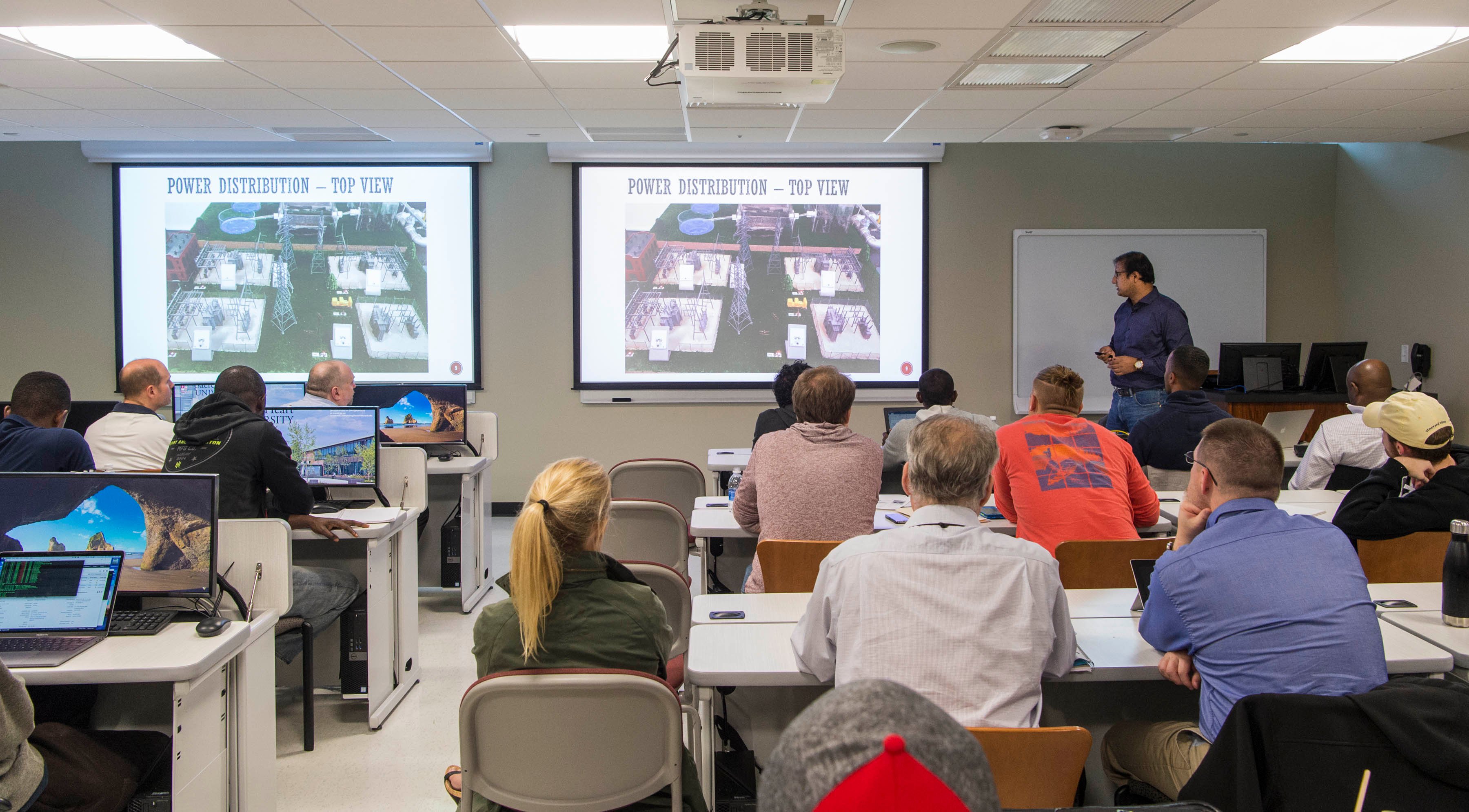Are you considering a career in cybersecurity? Have you ever wondered — what would my day to day look like in this profession?
If you are thinking about going back to school for a degree in this field or want to start a career as a cybersecurity professional, you may have some questions. Information security and cybersecurity are significant, interconnected professions within the computer science field. This field appeals to those who enjoy problem-solving, research, and documentation. But what does an average day look like on the job? And what kind of projects can a professional in this field expect to encounter?
For a look into the daily responsibilities of the job and the requirements to succeed in this field, read on as we explore a day in the life of a cybersecurity professional.
What does An Average Day look like?
A normal day for professionals within the computer science field often includes reviews of current security architecture, as well as an evaluation of its design to see how well it is working. It will involve conducting and analyzing any vulnerabilities through the use of scans, to better develop mitigation strategies.
The amount of time required for these tasks will be directly connected to the size of your company and its networks. These processes involve scrutinizing design diagrams that detail ports and protocols. Mitigation strategies are then engaged, which also often include CND regulations, DoDIA, DIACAP processes along with any necessary technical requirements connected to any other related regulations. The results of these reviews often require the professional to then analyze, review and develop DIACAP packages or more C and A documentation in unison with the DIACAP accreditation process.
A common project that a professional may encounter in any given day within the computer science field would be to serve as an IA toolbox for site security management. This means providing patch management, centralization of backup, and log management for networks that are likely small to medium in size.
Qualifications, Education, and Skills Required
An advanced professional in the field of cybersecurity will hold a bachelor’s in information technology or a related subject and may have a concentration in an area such as computer forensics or internet security. Some even choose to pursue advanced certifications, which can include Comp TIA Security+, CISSP, and CEH.
Obtaining a master’s degree often results in a more profitable career, with the opportunity for leadership and management positions. Higher degrees are frequently a requirement to be qualified for promotional opportunities within an organization.
Throughout your education, you should consider taking computer forensic courses as well as courses in security design. These courses often require the delivery of technical papers as well as the presentation of research. In addition to education and obtaining the certifications mentioned above, proven experience and previous success on effective network cybersecurity teams will also be necessary.
Effective communication skills are only one small part of the required talents for this field. The ability to document and summarize information is an essential part of service to customers. This skill requires a very strong technical background. You also must be deeply familiar with operating systems, hardware, and networks. The ability to troubleshoot, multitask and problem-solve are skills that will serve you well during these processes.
Stay Current on Constantly Changing Vulnerabilities
Finding ways to effectively remedy vulnerabilities, while also remaining current on all the latest developments in security requirements is truly the biggest thrust in the research aspect of the job. Remaining up to date in these areas and continually studying, even after you graduate, will enable you to perform excellently in your job.
Cybersecurity professionals have almost limitless career opportunities. With a forensic background, a professional is qualified to work for the government, law enforcement, private industry, in malware analysis, and much more. Any industry with an online presence is in need of professionals with expertise in the computer science field.
Learn About Graduate Studies at Sacred Heart University
If you are interested in earning your graduate degree in cybersecurity or another field, we invite you to reach out to our admissions team to request more information. Or if you have specific questions, feel free to email us! We look forward to connecting with you soon.
Want to receive weekly articles about advice for graduate school and stories from current graduate students? Subscribe to our blog, The Pioneer Pursuit, today!
Note: This article was originally published here.









